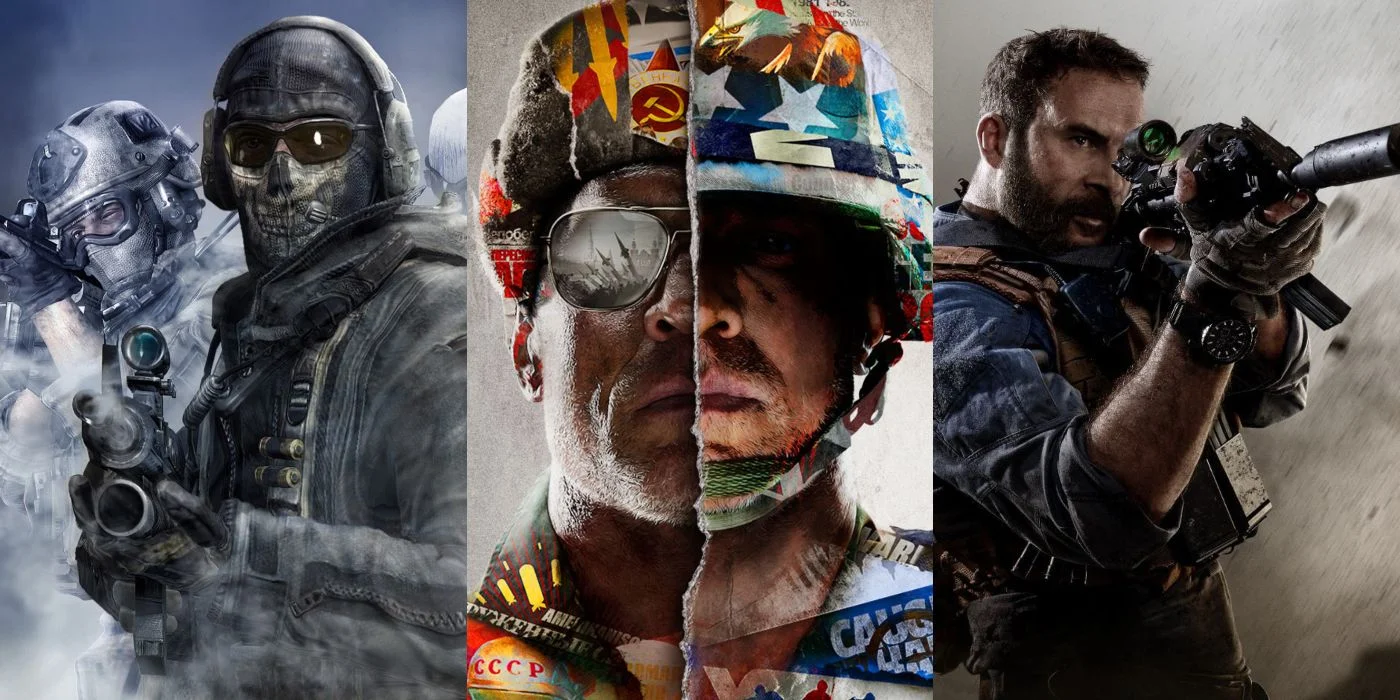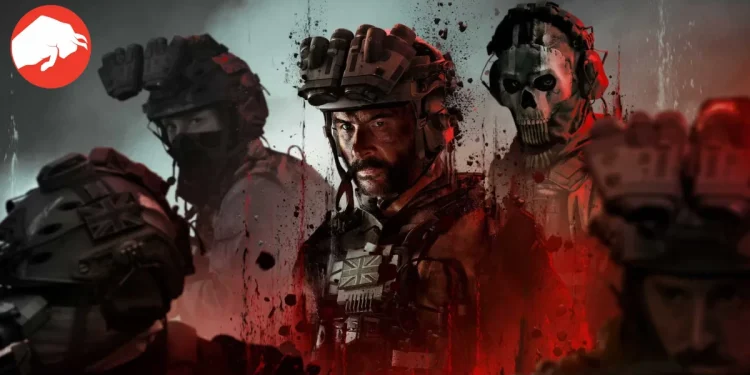The Historical Shift at Infinity Ward
Over a decade ago, the gaming world witnessed a significant transformation within Infinity Ward, a development studio renowned for its contribution to the Call of Duty series. This period of change led to the formation of Respawn Entertainment, now famous for their work on Star Wars games and Apex Legends. During this tumultuous time, Infinity Ward was on the cusp of introducing a groundbreaking title, Call of Duty: Future Warfare, codenamed NX1.
The Vision of Call of Duty: Future Warfare
Call of Duty: Future Warfare, a project that remained unrealized, stood as a precursor to the futuristic themes later explored in the series. “Future Warfare or NX1 looks close to what came in the form of Infinite Warfare years later,” which underlines the forward-thinking vision of the project. It’s intriguing to consider how Neversoft, known for their success with the Tony Hawk and Guitar Hero franchises, would have navigated this new terrain in gaming.

Neversoft’s Untapped Potential in the Call of Duty Universe
Neversoft, after their success with Tony Hawk and Guitar Hero, was poised to take a dramatic turn with NX1. This venture represented a significant shift from their previous work, potentially marking a new chapter in their game development journey. The leaked footage of a mission on the moon, experimenting with low gravity, offers a glimpse into what might have been a revolutionary step for the studio and the franchise.
The Untold Story of a Game that Never Was
Brian Bright, a former developer at Infinity Ward, shed light on this enigmatic project. “This game was created after Infinity War was split,” he revealed, indicating a turbulent but creative period within the studio. The existence of 2-3 campaign missions and multiplayer elements before the project’s cancellation suggests that Future Warfare was more than just a concept; it was a potential game-changer for the franchise.
Fuck it, NX1. pic.twitter.com/KDPh6pwHxn
— Josh H. (@mangafigurines) January 27, 2024
The Multiplayer Experience of Future Warfare
Like its predecessors, the multiplayer component of Future Warfare was expected to be a standout feature. Although the game appeared polished in the available footage, the developer never confirmed how long it was in development before being scrapped. Following this, the Call of Duty series ventured into futuristic settings, a theme that persisted for several years.
The Legacy and Future of Call of Duty
Today, more than ten years later, the Call of Duty franchise finds itself under new ownership, with Xbox steering the ship. The most recent entry, Modern Warfare 3, has faced a mixed reception, becoming one of Activision’s least celebrated releases in the series. This context frames the untold story of Future Warfare as a curious ‘what if’ in the annals of gaming history.
In retrospect, the story of Call of Duty: Future Warfare is a tale of innovation and unrealized potential. It stands as a poignant reminder of the unpredictable nature of the gaming industry, where visionary projects can either redefine a genre or remain as footnotes in the pages of gaming history.









